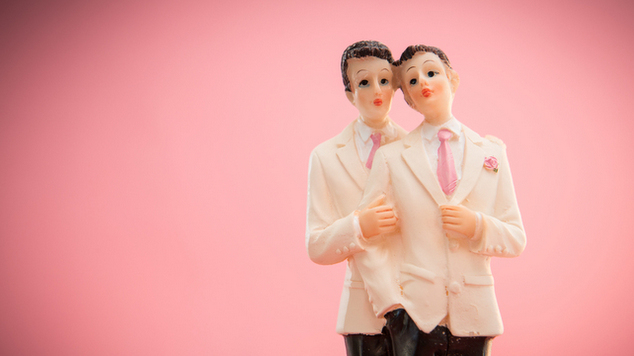
A study in the USA has connected a reduced rate of suicide in teenagers to the implementation of marriage equality in the country.
The study shows that attempts to commit suicide have reduced by 14% in lesbian, gay and bisexual students.
The study investigated data from over 760,000 students gathered between 1999 and 2015.
Though the Supreme Court did not rule that marriage equality must be observed in all 50 US states until 2015, the data was compared between states that had their own laws before the landmark decision. 37 states already had equal marriage laws before the SCOTUS ruling.
The study revealed that before legalisation, suicide attempts among LGBQ high school students was as high as 28.5%, with an average of 8.6% per year among students of all sexual orientations.
“I would hope that policymakers and the public would consider the potential health implications of laws and policies affecting LGBT rights,” said Julia Raifman, co-author of the study at Johns Hopkins University.
Raifman worked alongside researchers from Harvard University and Boston Children’s Hospital, comparing the data with information provided by the US Centers for Disease Control and Prevention’s Youth Risk Behaviour Surveillance System and published in the Journal Jama Pediatrics.
A leading Australian expert on the psychological impact of discrimination, Associate Professor Winnifred Louis, has welcomed the study.
Winnifred Louis, who is an Associate Professor of psychology at the University of Queensland said the findings of the US study were inline with other research that has shown the positive effects of marriage equality.
Associate Professor Louis was a co-author of the Australian Psychological Society’s submission to a recent Senate marriage equality inquiry, and has studied the psychological impacts of prejudice and discrimination.
“The new study is consistent with other research from Europe and Australia showing the psychological benefit of allowing same-sex couples to marry”, Assoc Prof Louis said.
“But the large sample and time period in this research makes a compelling case for marriage equality being key to improving youth mental health.”
“The message to law makers is clearly that marriage equality is an urgent reform that should not be delayed any longer.” Assoc Prof Louis said, “Young Australian lives depend on it.”
The researches have acknowledged that their study has some shortcomings as it relied on self-reported data from students.
They also noted that they couldn’t account for socioeconomic status, religious affiliation, acceptance of sexual minorities and other factors outside of the legalisation of same-sex marriage.
OIP Staff
If you are struggling with anxiety or depression, support and counselling are available;
Lifeline: 13 11 14
beyondblue: 1300 22 4636 / beyondblue.org.au
QLife: 1800 184 527 (Free) / qlife.org.au
(QLife are a counselling and referral service for LGBTIQ+ people)





